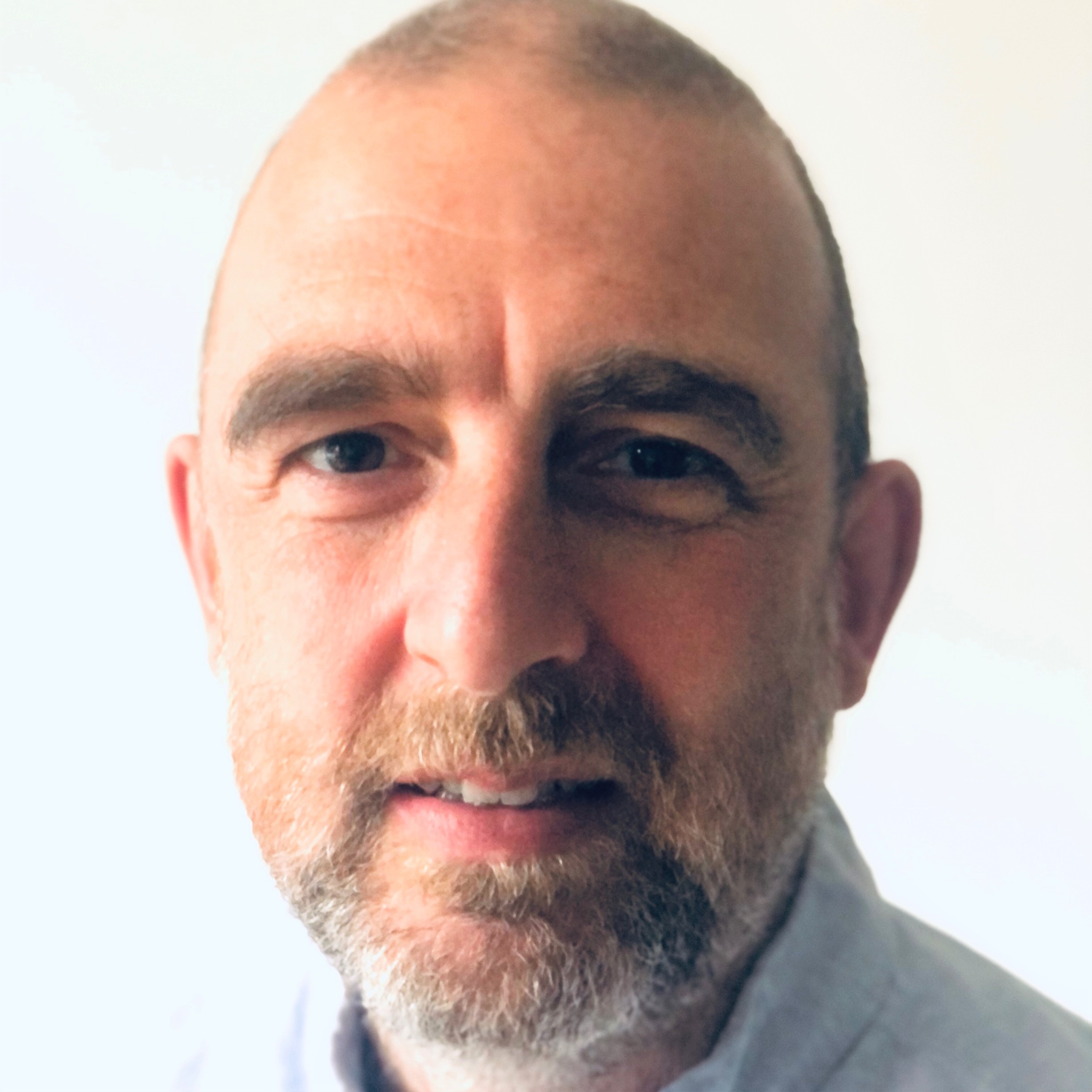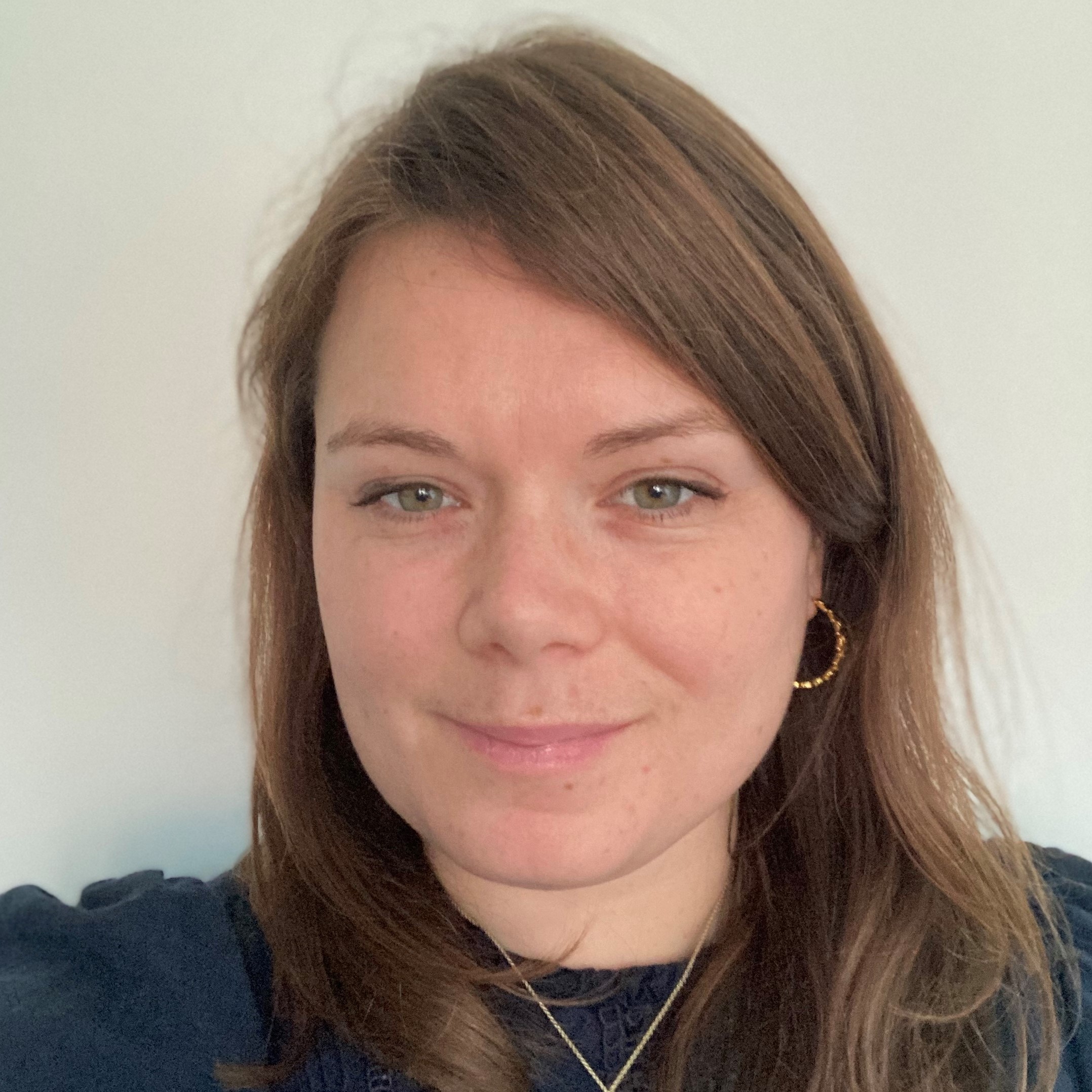Ben, tell me three things I don't know about hearing aids.
There are three big topics really. The first is that despite hearing loss being quite a widespread condition, penetration is still very low. Even in countries like the UK, we're still below 50 per cent. In other areas of the world, it can be well below 10 per cent.
That’s the number of people who need hearing aids [who have them]?
Yes, it’s the proportion of the population that has either severe to profound, or even mild to moderate hearing loss, and who actually have a device that can help them with their hearing.
Sounds like an opportunity.
This is point two I guess. There's always been interest, but that has definitely accelerated in recent years. We know that Apple have always been interested in this market, and there's been a lot of IP-based activity, patent filings and so on [from Apple]. Samsung have made efforts or Bose are another consumer company who have developed hearing aids, and we have seen hearing aid companies that have partnered with Philips or Sony. The world's largest hearing aid company, Sonova, is based in Switzerland and they've recently acquired the consumer business of Sennheiser.
And this is also partially because there are big changes underway in the US
Yes, topic three. Historically, when Americans had hearing loss, the only way to go and do something about that was to visit a trained audiologist, normally in a clinic. If you were diagnosed with hearing loss, you’d walk through that with an audiologist and try to fix it with a hearing aid. Now we're seeing some changes to that model.
How?
In the US, as of October last year, you can now buy some hearing aids over-the-counter without the sign off from an audiologist. These are still regulated devices, they're still approved by the FDA, but there is a possibility to buy that device essentially off the shelf.
Ah, I see, so now they’re consumer electronics. Another iPhone.
Well not quite, but they are expensive and there is a cycle of new devices similar to the regular updates you get to iPhones for example. High-end hearing aids can be as much as $5,000, down to $1,200 for something that is still a very sophisticated, capable device. The OTC devices are more like $800. And that's for a pair.
At any rate, it’s getting slightly cheaper and easier?
It is more that we’re getting closer and closer to solving this problem of penetration that the industry has always had. The classic industry stat is that it takes seven years on average from people realising they have a problem to them actually getting a hearing aid. Now people are engaging, I think, a little more in their own journey and looking to take a more active role. Ten years ago, you would basically walk into a hearing aid store and you'd be guided by your audiologist. Now people may come in and ask about OTC products, or the availability of other products that they've read about, and are generally more engaged.
It all sounds like an industry on the verge of a watershed moment, a jump to becoming a much more popular, large-scale business?
No I wouldn’t say that. I think it will be a slow process, but it is still a big change and it is accelerating. Hearing aids are still medical devices, and, especially for the more severe or more profound hearing loss, there's a lot that the hearing-aid manufacturers are bringing to the table that is very different to what you would find in a consumer device. There's a lot of technology and a lot of IP going into those that isn't yet replicable. But do I think the two sectors will continue to knit together more closely? Yes. And I think that's exactly what we're seeing at the moment.
You’ve also done a survey.
Yes. A large part of the hearing aid market is not reimbursed [by insurance or from public funds] and comes from people just paying out of pocket for their devices, and there’s a fear that we might see the market drop further [in the current cost-of-living crisis] than it did during the global financial crisis. So we ran a survey at the end of last year and the interesting thing is that the audiologists still expect volumes to grow, and the results in general look similar to what we saw going into the 2009 recession.
So that’s good?
Well, another feature of this market is that ultimately these devices are something that people require. You can postpone buying a hearing aid for a period of time if, say, you're concerned about your financial situation, but you won’t postpone indefinitely. So then we see a kind of catch-up period. And that's exactly what we saw after the financial crisis where volumes in the US were down 1 per cent; in the year after, they caught up and grew 8 per cent.








































